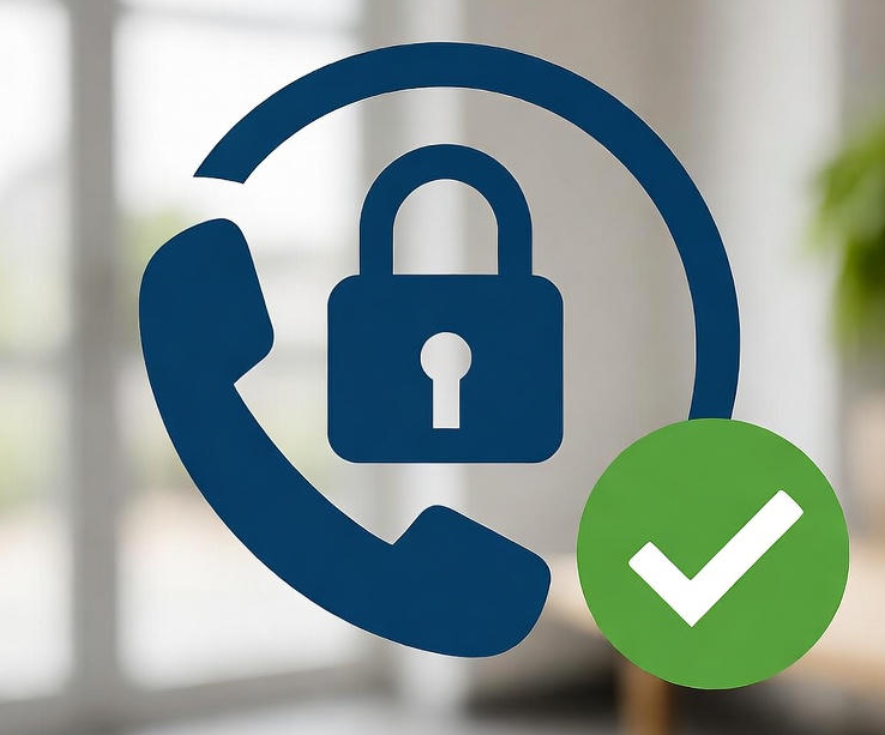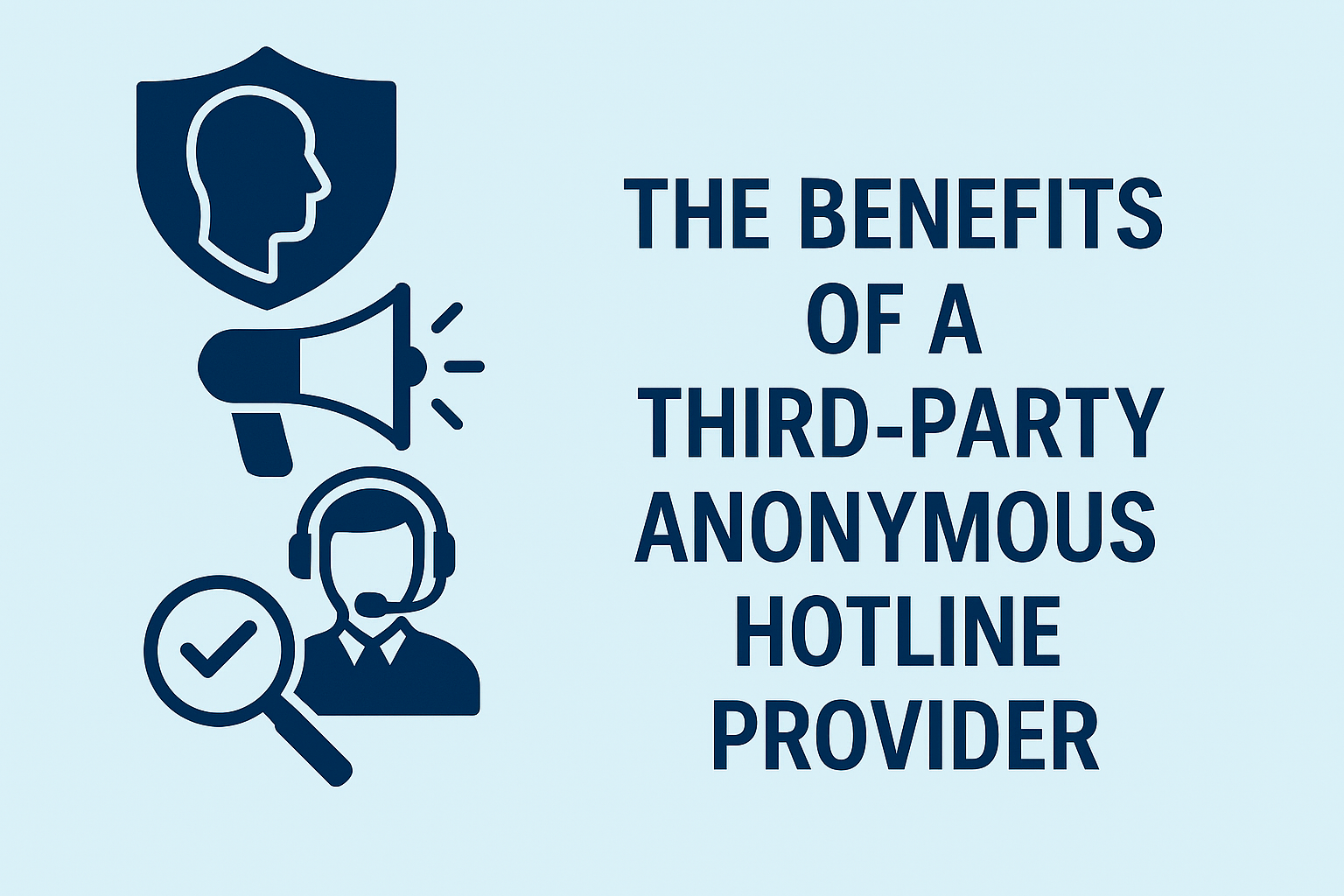
In every workplace, there are moments when someone notices something that doesn’t seem quite right, but they don’t speak up. It might be a subtle safety concern, a procedural shortcut, or a pattern of behavior that feels off. These moments often pass quietly—no one’s been hurt, nothing’s broken, and the day continues as usual.
But what happens when those small concerns go unspoken?
The truth is, many serious workplace incidents start with something minor. A loose railing. A blocked exit. A troubling comment. These aren’t emergencies in the moment—but they can become one if left unchecked.
That’s why it’s so important to encourage employees to speak up before something gets out of control.
The Value of Early Reporting
When employees feel empowered to report concerns early, organizations gain a powerful advantage: the ability to intervene before a situation escalates. This isn’t about tattling or overreacting—it’s about creating a culture where people look out for each other and take responsibility for maintaining a safe, ethical environment.
Here are a few examples of how early reporting can make a big difference:
- The Loose Guardrail
A technician notices that a guardrail near a loading dock is slightly wobbly. It’s not broken, and no one has fallen—but it’s clearly not secure. Rather than assuming someone else will handle it, the technician reports the issue.
Maintenance inspects the rail, finds corrosion at the base, and replaces it. A potential fall hazard is eliminated before anyone gets hurt.
- A Warning Sign of Workplace Violence
An employee overhears a coworker making increasingly aggressive comments about a supervisor—comments that go beyond frustration and start sounding threatening. The coworker hasn’t acted on anything, and there’s no immediate danger, but the tone and intensity are concerning.
The employee decides to report the behavior. Leadership takes the concern seriously, checks in with the individual, and offers support through HR and employee assistance resources. The situation is de-escalated, and the team is reminded of respectful workplace expectations.
Takeaway: Speaking up early helped prevent a potential act of workplace violence and ensured the individual received help before things got worse.
- The Shortcut That Skips Safety
In a busy production area, a team member sees a coworker bypassing a lockout/tagout procedure to save time. It hasn’t caused an incident yet, but it’s a clear violation of safety protocol.
The team member raises the concern through the proper channel. Leadership addresses the behavior, reinforces training, and prevents a future accident.
Why People Stay Silent—and How to Get Them to Speak Up
Even in organizations that value safety, employees sometimes hesitate to report concerns. They might worry about being seen as overly cautious, fear retaliation, or simply assume someone else will take care of it.
To overcome this, companies need to make it clear that early reporting is not only welcome—it’s expected. That means:
- Normalizing small reports: Let employees know that even minor concerns matter.
- Recognizing proactive behavior: Celebrate those who speak up early.
- Providing clear channels: Make it easy and confidential to report concerns.
- Following up: Show that reports lead to action, not just paperwork.
When employees see that their voice leads to real improvements, they’re more likely to use it.
Creating a Culture of Prevention
The best safety cultures aren’t reactive—they’re proactive. They don’t wait for something to go wrong before taking action. Instead, they encourage everyone to be observant, speak up, and take ownership of the environment around them.
This mindset doesn’t just prevent injuries—it builds trust. It shows employees that their insights are valued, and that the organization is committed to keeping everyone safe.
Final Thought: Don’t Wait for a Crisis
If you see something that feels off—even if it’s small—say something. That loose bolt, that missing label, that shortcut someone keeps taking… or that comment that doesn’t sit right. These are the kinds of things that can grow into serious problems if ignored.
Your observation might be the one that prevents an accident, protects a coworker, or improves a process. And that’s not just good for safety—it’s good for everyone.
Need a tool for your employees to speak up? Contact us.
See what SHRM has to say about dealing with employees in crisis.
Reach Us
Red Flag Reporting
P.O. Box 4230, Akron, Ohio 44321
Tel: 877-676-6551
Fax: 330-572-8146



